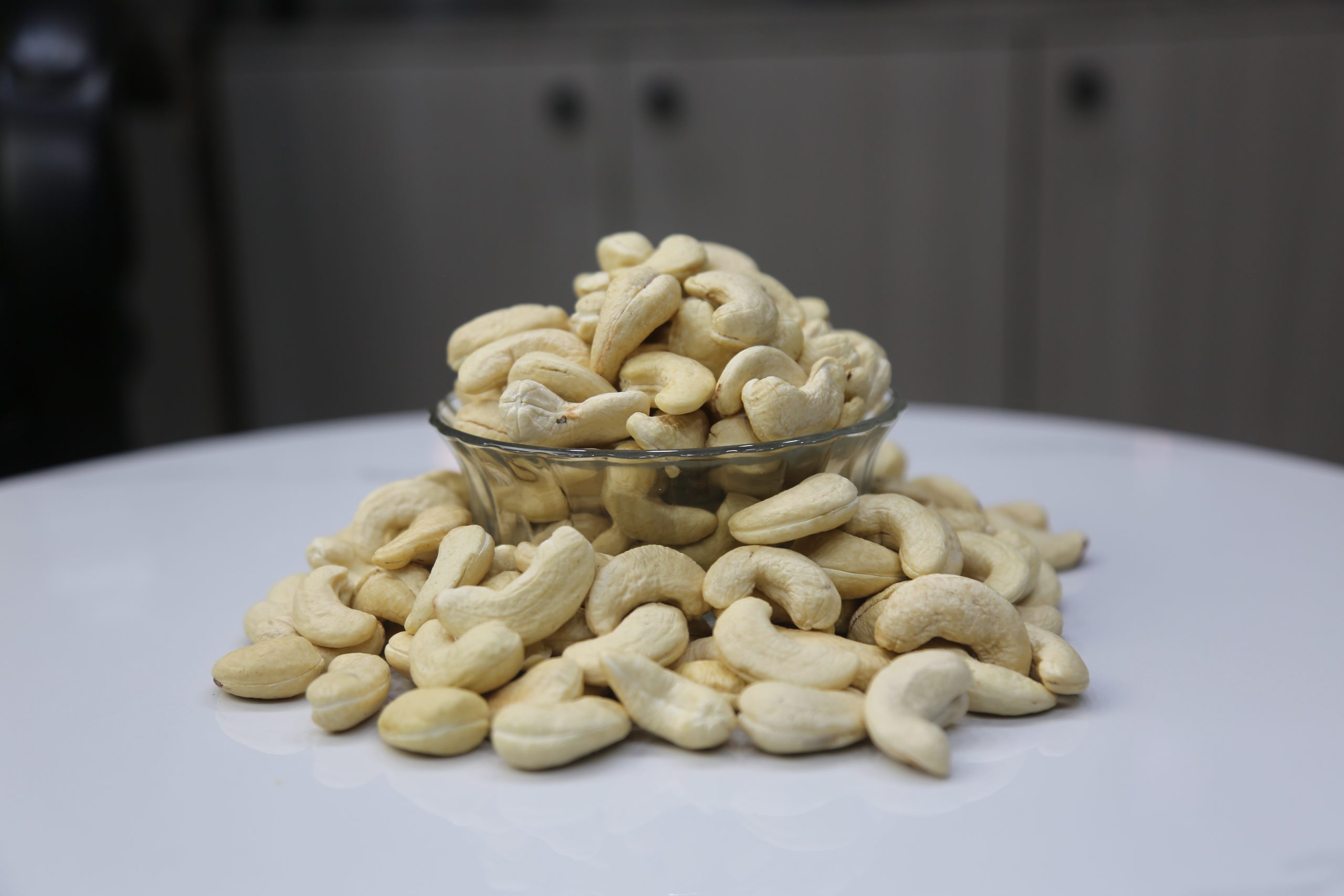Introduction to the Evolving Food & Beverage Landscape
The global food and beverage (F&B) industry is undergoing rapid transformation in 2025, driven
by changing consumer demands, technological breakthroughs, and global sustainability goals.
From plant-based diets to personalized nutrition, these shifts are not just trends—they’re
redefining how we eat, produce, and think about food.
Companies across the globe are rethinking their strategies to stay ahead.
- Rise of Plant-Based and Alternative Proteins
Benefits of Plant-Based Diets
Consumers are increasingly ditching meat in favor of plant-based proteins. Motivated by health
concerns, environmental awareness, and ethical reasons, plant-based diets have gained
massive momentum.
Not only do these diets reduce the risk of heart disease and obesity, but they also contribute to
lower greenhouse gas emissions. - Sustainable and Eco-Friendly Packaging Solutions
Reducing Plastic Waste in Food Packaging
Sustainability is no longer optional. With the global war on plastic intensifying, F&B brands are
racing to replace single-use plastics with compostable, recyclable, and reusable packaging. - Clean Label and Transparent Ingredients Movement
Modern consumers crave transparency. Buzzwords like “non-GMO,” “organic,” and “no artificial
additives” are standard expectations, not luxuries. - Health and Wellness-Centric Offerings
Wellness has become a core driver in food innovation. Products infused with collagen,
adaptogens, CBD, or probiotics are dominating shelves. - Labeling Laws and Food Safety Regulations
Stricter labeling requirements and food safety protocols are being introduced globally. Countries
are now mandating clearer disclosures on allergens, ingredients, and nutritional content. - Environmental Policy Impacts on Production
Governments are incentivizing sustainable farming, reducing food waste, and penalizing
carbon-heavy production methods. This impacts sourcing, pricing, and overall industry
dynamics.
Conclusion
The food and beverage industry is at a turning point. The integration of health, sustainability,
technology, and ethics is reshaping everything from how food is produced to how it’s consumed.
Brands that anticipate and adapt to these changes will lead the way in a new, conscious, and
connected food economy.


Comments are closed